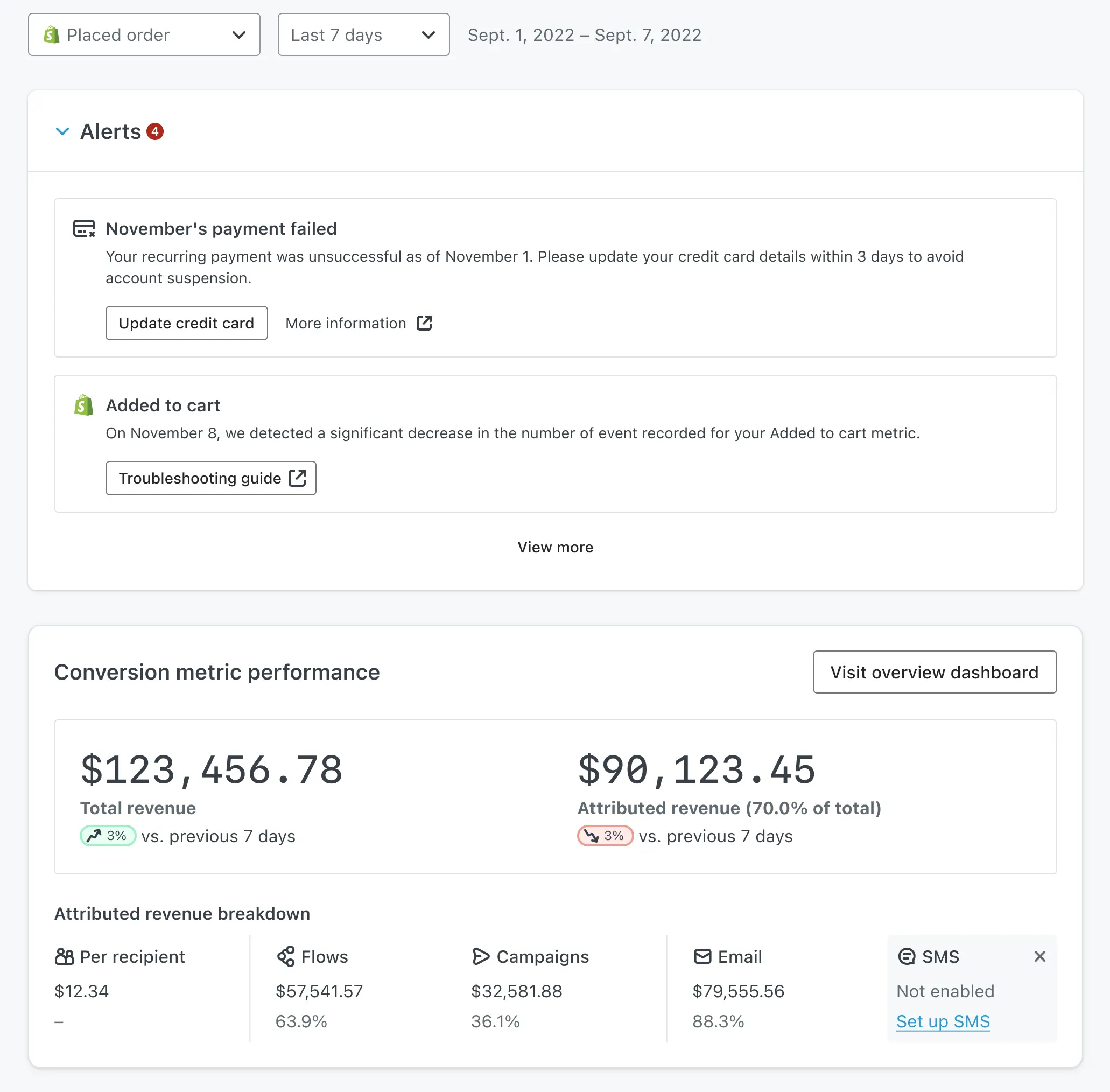Alternatives to Klevu
1. Adobe Sensei
+Pros
- Comprehensive Creative Cloud integration enabling seamless workflow automation.
- Strong technical performance with 4.65/5 accuracy scores in object addition tasks.
- Enterprise-grade security through SOC 2 compliance and established market position.
-Cons
- Accuracy limitations in background removal compared to specialized alternatives.
- Internet dependency creates significant constraints for offline work environments.
- Implementation complexity requires 6-8 weeks for enterprise deployment.
One highlighted feature and why it's amazing
Reduces complex editing tasks from hours to minutes, validated by 5-star user ratings for precision.

Another highlighted feature of why it’s amazing
Part of the platform's content-aware automation capabilities, optimized for creative workflows.
2. Klaviyo
+Pros
- Unified marketing automation combining email, SMS, and review management with AI-powered personalization .
- Deep Shopify integration providing automated data sync and behavioral tracking .
- Proven ROI delivery across multiple customer implementations .
-Cons
- Implementation complexity despite moderate technical ratings .
- Active profile billing methodology can penalize businesses with large but inactive customer databases .
- 90-day 'suppression jail' limits reactivation of unengaged contacts .
One highlighted feature and why it's amazing
Transforms audience building from manual rule configuration to natural language interaction, enabling complex behavioral targeting without requiring technical expertise .

Another highlighted feature of why it’s amazing
Generate personalized content while maintaining brand voice consistency through machine learning models trained on existing brand communications .
3. Make (Integromat)
+Pros
- Superior workflow granularity through advanced features like loops, routers, and error handlers .
- 9 pre-built AI modules processing 10 million monthly tokens offer significant value for AI-powered automation without separate service accounts .
- Operations-based pricing starting at $9/month can offer cost benefits for predictable workflows .
-Cons
- Fewer integrations than competitors (1,000+ vs. Zapier's 4,000+) .
- Operations-based pricing complexity can create unexpected costs for complex workflows, requiring careful monitoring and optimization .
One highlighted feature and why it's amazing
Core automation capabilities center on visual workflow creation with sophisticated conditional logic through loops, routers, and error handlers that provide greater control than simpler automation platforms .

Another highlighted feature of why it’s amazing
9 pre-built AI modules covering sentiment analysis, text categorization, and language translation, processing 10 million monthly tokens at no extra cost during the beta phase .
Other Alternatives
Nosto Commerce Experience Platform
Octane AI
Rebuy
Shopify Flow
Zendesk AI
How We Researched This Guide
About This Guide: This comprehensive analysis is based on extensive competitive intelligence and real-world implementation data from leading AI vendors. StayModern updates this guide quarterly to reflect market developments and vendor performance changes.
214+ verified sources per analysis including official documentation, customer reviews, analyst reports, and industry publications.
- • Vendor documentation & whitepapers
- • Customer testimonials & case studies
- • Third-party analyst assessments
- • Industry benchmarking reports
Standardized assessment framework across 8 key dimensions for objective comparison.
- • Technology capabilities & architecture
- • Market position & customer evidence
- • Implementation experience & support
- • Pricing value & competitive position
Research is refreshed every 90 days to capture market changes and new vendor capabilities.
- • New product releases & features
- • Market positioning changes
- • Customer feedback integration
- • Competitive landscape shifts
Every claim is source-linked with direct citations to original materials for verification.
- • Clickable citation links
- • Original source attribution
- • Date stamps for currency
- • Quality score validation
Analysis follows systematic research protocols with consistent evaluation frameworks.
- • Standardized assessment criteria
- • Multi-source verification process
- • Consistent evaluation methodology
- • Quality assurance protocols
Buyer-focused analysis with transparent methodology and factual accuracy commitment.
- • Objective comparative analysis
- • Transparent research methodology
- • Factual accuracy commitment
- • Continuous quality improvement
Quality Commitment: If you find any inaccuracies in our analysis on this page, please contact us at research@staymodern.ai. We're committed to maintaining the highest standards of research integrity and will investigate and correct any issues promptly.